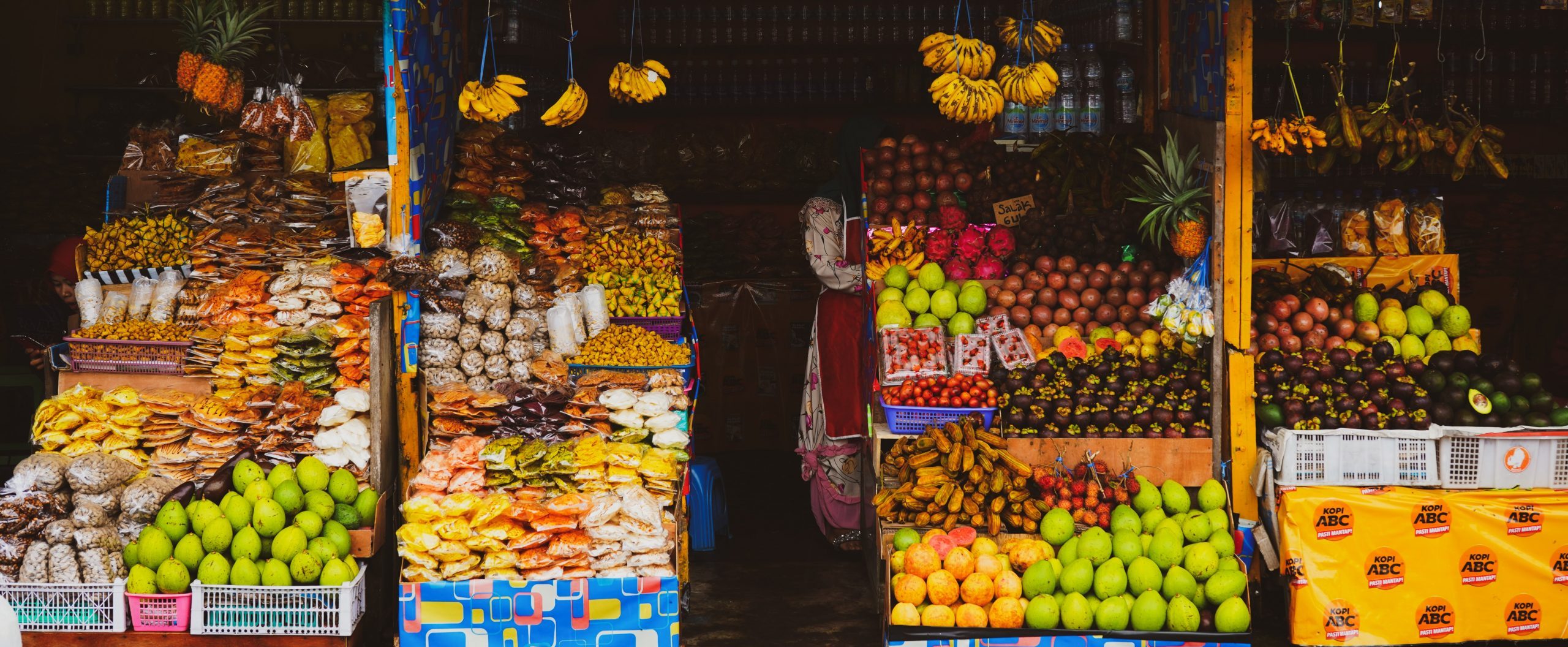
Description
Strathmore Agri-food Innovation Centre
Strathmore University Business School (SBS) aims to combine business, agri-food, county development and extension programs with research, mentoring and teaching in the StrathmoreAgri-Food Innovation (SAFI) Centre. In addition to that, the agri-food business and research programs are designed to develop the strategic management skills of result-oriented professionals in the agri-food business sector. For instance, emphasis is placed on the transformation of agricultural activities into a leveraged-science initiative aiming to most importantly contribute to stakeholders’ economic well being.
In addition, it will achieve this by approaching the agricultural’s industry challenges and secondly opportunities as complex systems so as to explore strategies to overcome challenges and seize opportunities from a system dynamics perspective.
Agri-food objective
The Strathmore Agri-food Innovation (SAFI) Centre’s overall objective is to enhance the competitiveness of the agriculture and agri-food sector in addition to facilitating and supporting innovative enhancements in the sector’s strategic thrusts. Secondly, it will achieve this by researching the challenges and opportunities at each stage in the sector’s operations. Thirdly, it will aim at understanding capacity gaps in decision-makers’ and management skills and developing better initiatives to address these. In addition, the Agri-food hub will extend its reach through the development of strategic spokes supporting its objective:
- Research
- Teaching
- Public Engagement and Outreach
- Public Policy Circles
Networks developed
Moreover, the Agri-food Research hub establishes close relationships with local and international universities, research centers, and research networks to serve as a platform for solving the challenges of food insecurity and low productivity, meagre incomes and unemployment in rural areas.
However, for agribusiness to be successful in Africa, there needs to be more emphasis on niche marketing, looking at the consumer and above all market questions rather than focusing on production. After all, Adam Smith eloquently advised that since “consumption is the sole end and purpose of all production; and the interest of the producer ought to be attended to only so far as it may be necessary for promoting that of the consumer. ”
Conclusion
In conclusion, the Centre will develop a keen understanding of market and opportunities available to the different industries in the sector and on top of that work with stakeholders to develop innovative strategies to seize them. In addition, the success of the Centre will be measured by the enhanced competitiveness of the sector’s stakeholders.
- The competitiveness of the agriculture and agri-food sector
- The economics and management of the food sector and the environment.
- Sustainable performance strategies for business and agribusiness industry
- Strategic alliances, supply chains and organizational governance
- Value chain analysis
- Entrepreneurial and economic approach to County development
- Gender issues in agriculture
- Agricultural technology adoption
- Climate change adaptation and mitigation
- Food security and nutrition
- Food safety and biosecurity measures
- Applied Micro- Econometrics and programs Evaluation.
- Partnerships and networks
- Excellence in research and consultancy
- Agricultural sector policy development
- October 2022 to June 2023: Markets Transformation for Pastoralists – Pathfinder & Platform (MTP), Investment ID: INV-049016. Joint work with Boston Consulting Group. Funded by The Bill & Melinda Gates Foundation.
- September 2022 to January 31, 2024: PI for Scaling climate-smart livestock ventures in Africa, Investment ID: INV-045372. Joint work with Boston Consulting Group. Funded by The Bill & Melinda Gates Foundation.
- July 2020 to date: Project No 47972: Leveraging remote sensing and ICT to facilitate yield maximisation, structured trading and inclusive value chain participation for smallholder staple grain farmers in Kenya. Project Lead: AGRI-EPI CENTRE LIMITED. Project partners: Harper Adams University, Strathmore University, USOMI LIMITED. Funded by Innovate UK for Competition: Agri-tech catalyst round 9: agriculture and food systems innovation, early stage
- March 2021 to April 2022: The Food and Agriculture Organization of the United Nations (“FAO”) Services to assess:
(i)The implications of adoption of good practices on business models, profitability, and bankability along the poultry value chain for the urban and peri urban in Kiambu and Nairobi City Counties.
(ii) Priority actions to put in place to facilitate the adoption of biosecurity practices.
(iii) Assessment the bankability of the business models (with and without the adoption of the proposed good practices) through discussion with local microfinance / finance institutions.
- Professor S. Wagura Ndiritu – Senior researcher and Hub lead
- Dr. Freddie R. Acosta – Senior researcher
- Dr. George Njenga – Senior researcher and advisor to the hub
- Prof. Vincent Amanor-Boadu – Kansas State University- Senior researcher and advisor to the Hub.
- Dr. Bernadette Wanjala – Senior Researcher
- William Kirwa – Doctoral fellow
- Dorcas Otieno – Doctoral Fellow
- Edwin Adoyo Obonyo – Doctoral Fellow
-
Castro Gichuki – Post Doctoral Fellow
-
Arnold Muthanga – Research Assistant
-
Ann Waimiri – Policy researcher
Professor S. Wagura Ndiritu
Email: sndiritu@strathmore.edu
University Profile: https://sbs.strathmore.edu/prof-simon-wagura/
Google Scholar profile: https://scholar.google.com/citations?hl=en&user=IvH_UjYAAAAJ






